Ribociclib Shows Promising Long-Term Benefits in Early Breast Cancer Treatment
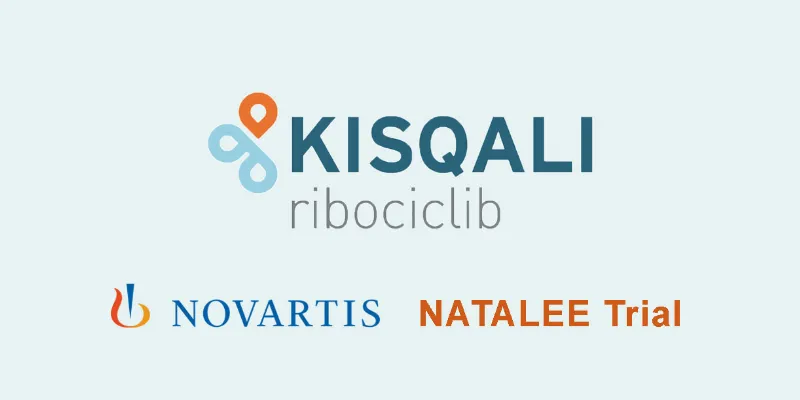
Novartis announced that its drug Ribociclib (Kisqali®) combined with endocrine therapy (ET) demonstrates a sustained 28.5% reduction in distant recurrence for high-risk HR+/HER2- early breast cancer patients, based on Phase III NATALEE trial data presented at the San Antonio Breast Cancer Symposium (SABCS24).
This significant reduction was consistent across various patient groups, including node-positive (N+) and high-risk node-negative (N0) disease, as well as different anatomical stages of cancer.
"In day-to-day practice, we see a real and persistent risk of breast cancer coming back after early diagnosis, often as metastatic disease. The latest NATALEE and real-world data presented at SABCS reaffirm we can better address risk of recurrence for all patients at high-risk, including selected patients with node-negative disease, by offering them adjuvant CDK4/6 inhibitor treatment in addition to endocrine therapy,” said Dr. Paolo Tarantino, Advanced Fellow at Dana-Farber Cancer Institute and Harvard Medical School.
The NATALEE trial focused on patients with hormone receptor-positive and human epidermal growth factor receptor 2-negative (HR+/HER2-) early breast cancer (EBC). Results showed that adding Ribociclib to standard endocrine therapy (ET) led to a 28.5% reduction in distant recurrence rates compared to ET alone. This reduction was consistent across various patient groups, including those with node-positive (N+) and high-risk node-negative (N0) disease, as well as across different anatomical stages of cancer.
Distant recurrence, or distant disease-free survival (DDFS), refers to the cancer spreading to other organs after the initial diagnosis. The sustained reduction in DDFS highlights the potential of Kisqali to provide lasting protection against cancer recurrence beyond the three-year treatment period. These findings underscore the importance of incorporating CDK4/6 inhibitors like Kisqali into treatment plans for eligible patients with high-risk EBC.
Safety profiles for Kisqali remained consistent with previous reports, with no new safety concerns identified. The most common adverse events of special interest included neutropenia (44.4%), liver-related issues such as elevated transaminases (8.6%), and QT interval prolongation (1.0%).
Real-World Risk of Distant Recurrence
Real-world evidence presented alongside the trial data highlighted the significant risk of distant recurrences within five years for high-risk patients treated with endocrine therapy alone, regardless of nodal status. This reinforces the necessity of adding Kisqali to standard ET to enhance patient outcomes.
"On the heels of its FDA and EMA approvals in early breast cancer, it is encouraging to see the continued benefit of adding Kisqali to standard endocrine therapy to help reduce the risk of recurrence. These data, together with the recent NCCN Guidelines® Category 1 preferred treatment recommendation for all eligible patients with early breast cancer, reinforce the opportunity to evolve adjuvant treatment to help a broader group of people,” said Jeff Legos, EVP, Global Head of Oncology Development, Novartis.
Ribociclib has been recognized as the only Category 1 preferred adjuvant treatment for both node-positive and high-risk node-negative EBC by the National Comprehensive Cancer Network (NCCN) Clinical Practice Guidelines in Oncology. This endorsement, along with recent FDA and EMA approvals, positions Ribociclib as a pivotal option in the adjuvant treatment landscape for breast cancer.
The NATALEE trial, involving 5,101 adult patients across 20 countries, continues to evaluate the efficacy and safety of Kisqali in combination with ET. Kisqali, a selective cyclin-dependent kinase inhibitor, works by slowing cancer cell growth, thereby preventing the spread and recurrence of cancer.





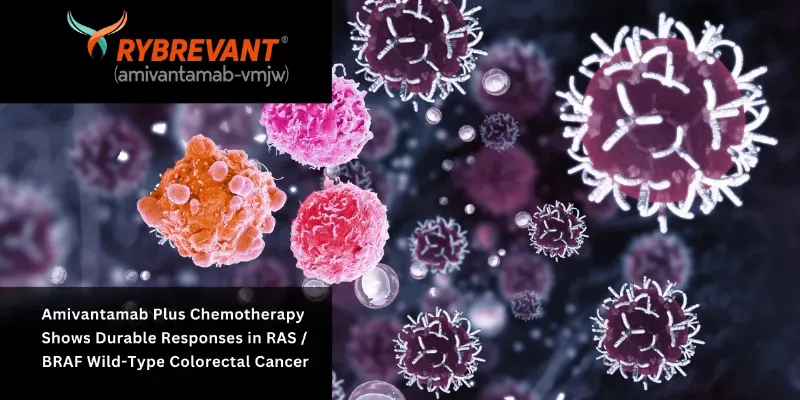
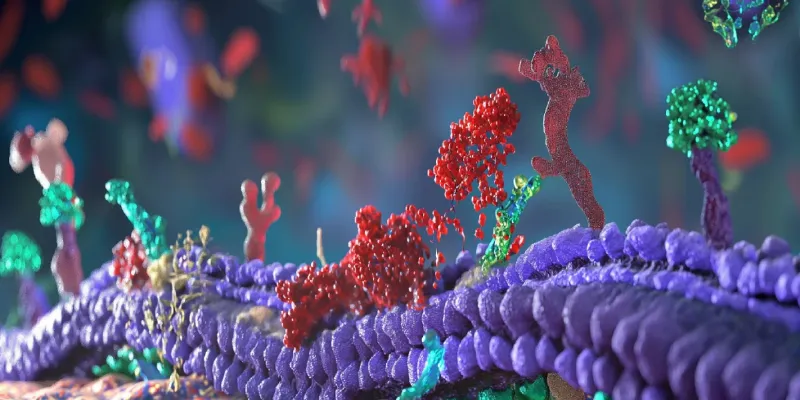
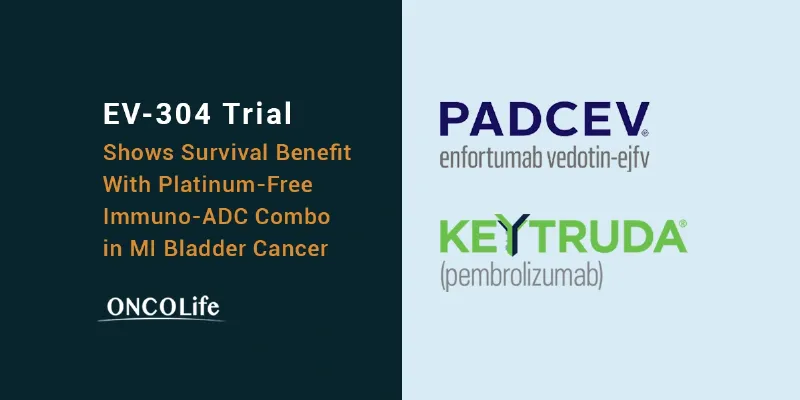
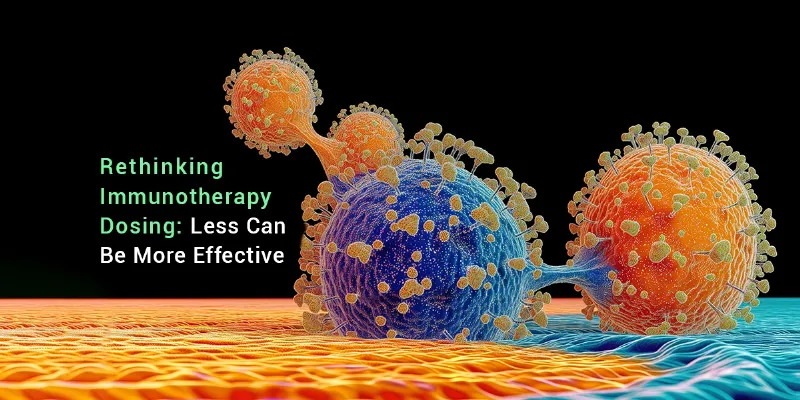
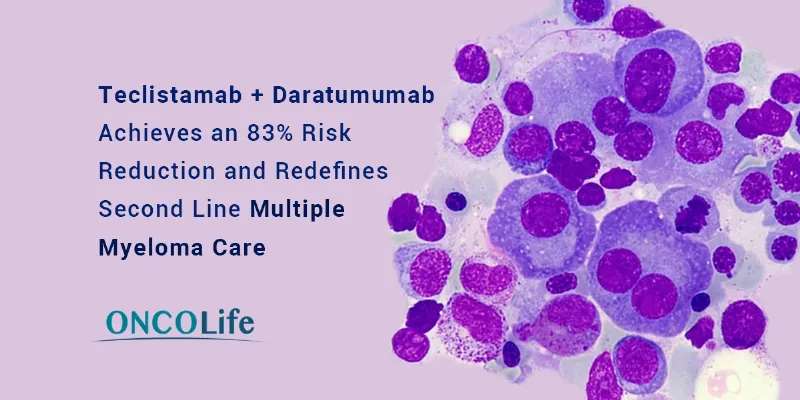
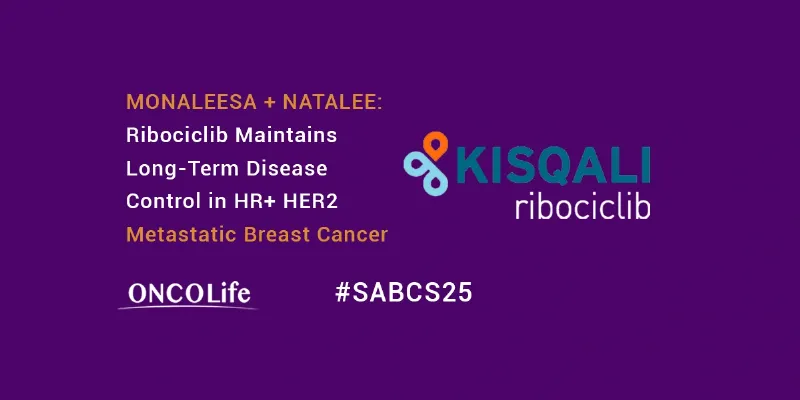
Comments
No Comments Yet!